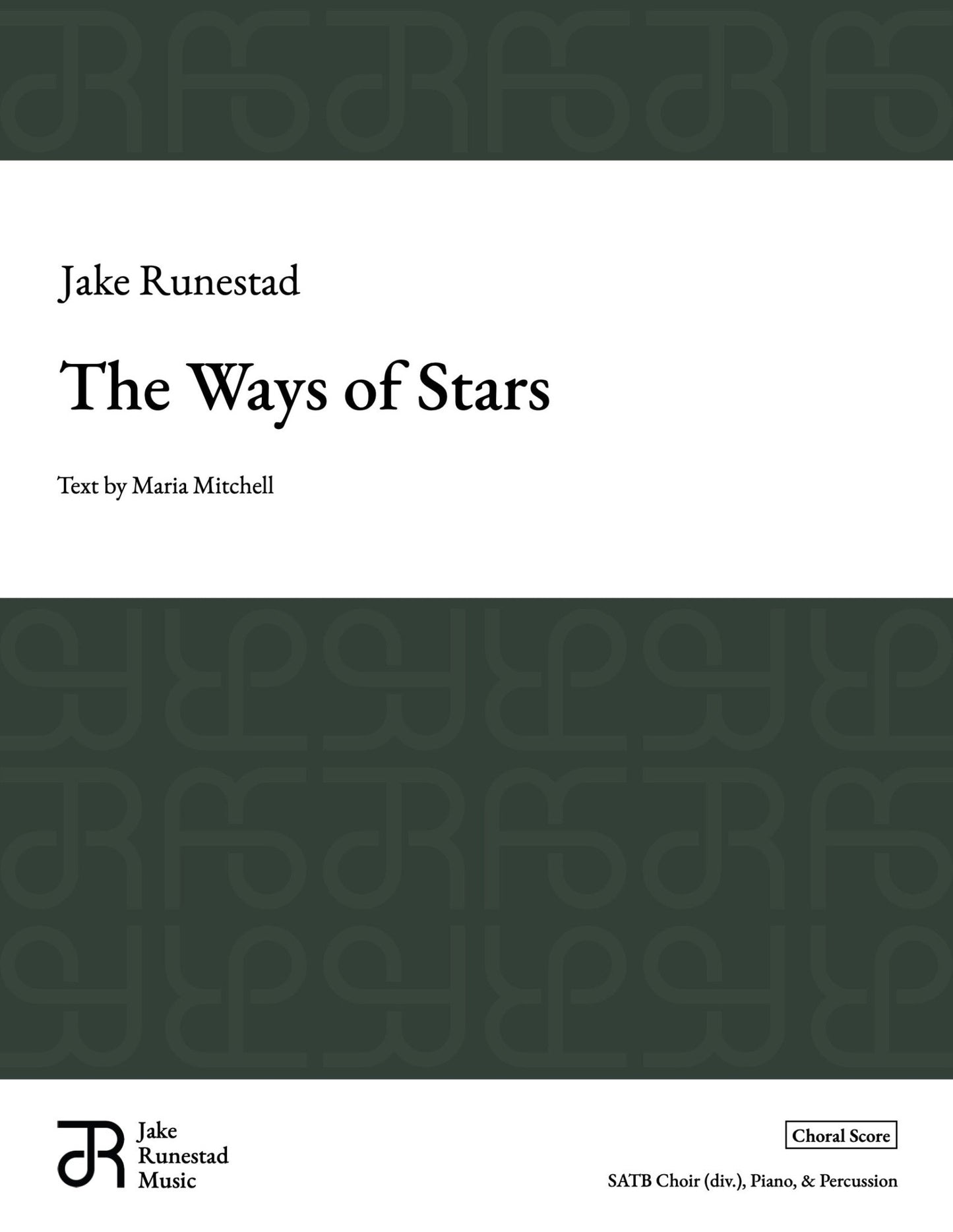SKU:
The Ways of Stars
The Ways of Stars
Couldn't load pickup availability

"No matter where you are nor what you are, you are a power."
- Maria Mitchell
| About |
In August of 1869, American astronomer Maria (muh-rye-uh) Mitchell and a cohort of her students from Vassar College traveled to Burlington, Iowa to observe a total solar eclipse (when the moon passes in front of our view of the sun). Mitchell, a respected educator and an important mind in the astronomical community, was the first woman to become a world-renowned professional astronomer, and the first woman elected as a fellow of the American Academy of Arts and Sciences. She discovered a comet at the age of 29, which awarded her a gold medal prize from King Christian VIII of Denmark. She was an official calculator for the Nautical Almanac of the United States, and an endlessly-curious Renaissance woman. In October of 1869, Mitchell published her account of the eclipse in the popular monthly Hours at Home. This account serves as the main source of text for “The Ways of Stars,” along with additional quotes and writings by Mitchell. December 14, 2020 was the final total solar eclipse of a tumultuous year and, fittingly, the day I completed this piece. I was glued to the live stream of the eclipse and struck by the metaphors swirling in my brain — of Maria Mitchell, of wonder, of challenges, of the global pandemic, of covered light, and the continued fight for equality. Mitchell’s life was a constant battle for equal rights of women, and she inspired countless students to push beyond society’s boundaries to be their very best and brightest. Through it all, she continued to wonder, to work, and to shine her light. “You are a power, your influence is incalculable.” – Maria Mitchell |
| Instrumentation |
SATB choir (divisi), piano, & percussion [vibraphone, 4 suspended cymbals, glockenspiel, handbells (2-3 sets), mark tree, 3 small triangles. 1-2 percussionists required, other instruments are played by the choir.] |
| Duration | 17:00 |
| Year Completed | 2020 |
| Commissioner |
Atlanta Master Chorale. Eric Nelson, artistic director. |
| Text |
The morning was as beautiful as morning could be. Our instruments consisted of an equatorially mounted telescope of four inches aperture, a small one of two and a half inches, and a perfect little instrument of three inches.
We must try colored glasses; we must examine clamps; The moon was expected to appear at a point Born a woman—born with the average brain of humanity— As the moon moved on, the crescent sun Light clouds drifted toward the sun; We rejoiced with Nature, Give me the ways of wandering stars to know [Writings by Maria Mitchell, collected and adapted by the composer.] |
| Errata | None |
| Donations |
|
| More Info | None |

